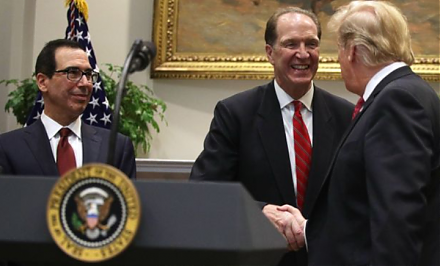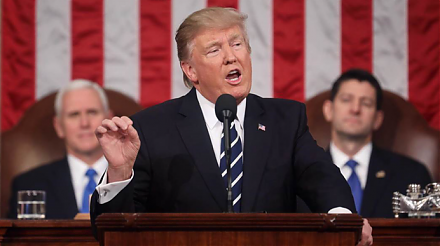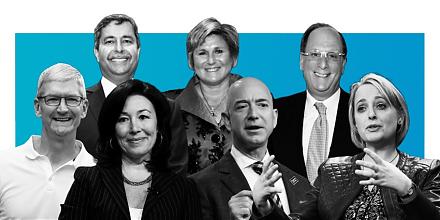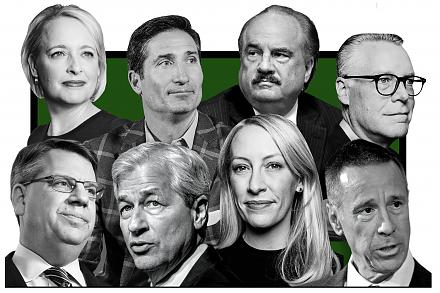

2019-04-17 11:34:00 Wed ET
technology antitrust competition bilateral trade free trade fair trade trade agreement trade surplus trade deficit multilateralism neoliberalism world trade organization regulation public utility current account compliance
Amazon CEO Jeff Bezos admits the fact that antitrust scrutiny remains a primary imminent threat to his e-commerce business empire. In his annual letter to Amazon shareholders, Bezos points out the fact that the percentage of Amazon goods sold by independent third-parties has gone from 3% in 1999 to about 60% in early-2019. Also, Bezos emphasizes the essential need for Amazon to fail fast forward through numerous informative experiments. In particular, the size of failures has to grow exponentially with the socioeconomic impact of revolutionary inventions such as artificial intelligence, robotic automation, the main strategic healthcare venture with Berkshire Hathaway and JPMorgan Chase, and the landmark acquisition of Whole Foods. With respect to stakeholder value maximization, Bezos plans to pay most Amazon employees, upstream suppliers, and downstream customers with better terms, wages, returns, and benefits.
Meanwhile, Amazon operates at least 10 brick-and-mortar stores in Chicago, San Francisco, and Seattle. Bezos expects to open more Amazon Go brick-and-mortar stores and checkout lines. In light of all the progressive milestones, Amazon may face inevitably closer antitrust scrutiny as the e-commerce tech titan continues to expand its operational scale and scope. A plausible future scenario may entail the strategic separation of Amazon cloud services from the retail business.
If any of our AYA Analytica financial health memos (FHM), blog posts, ebooks, newsletters, and notifications etc, or any other form of online content curation, involves potential copyright concerns, please feel free to contact us at service@ayafintech.network so that we can remove relevant content in response to any such request within a reasonable time frame.
2019-02-07 07:25:00 Thursday ET

President Trump picks David Malpass to run the World Bank to curb international multilateralism. The Trump administration seems to prefer bilateral negotiat
2017-02-01 14:41:00 Wednesday ET

President Trump refreshes his public image through his presidential address to Congress with numerous ambitious economic policies in order to make America g
2023-12-03 11:33:00 Sunday ET

Macro innovations and asset alphas show significant mutual causation. April 2023 This brief article draws from the recent research publicati
2021-02-01 10:19:00 Monday ET

In recent times, the International Monetary Fund (IMF) predicts that the fiscal-debt-to-GDP ratio of most rich economies would rise from 95% in 2018 to 135%
2019-03-31 11:40:00 Sunday ET

AYA Analytica free finbuzz podcast channel on YouTube March 2019 In this podcast, we discuss several topical issues as of March 2019: (1) Sargent-Wallac
2019-10-15 09:13:00 Tuesday ET

U.K. prime minister Boris Johnson encounters defeat during his new premiership. The first major vote would pave the path of least resistance to passing a no